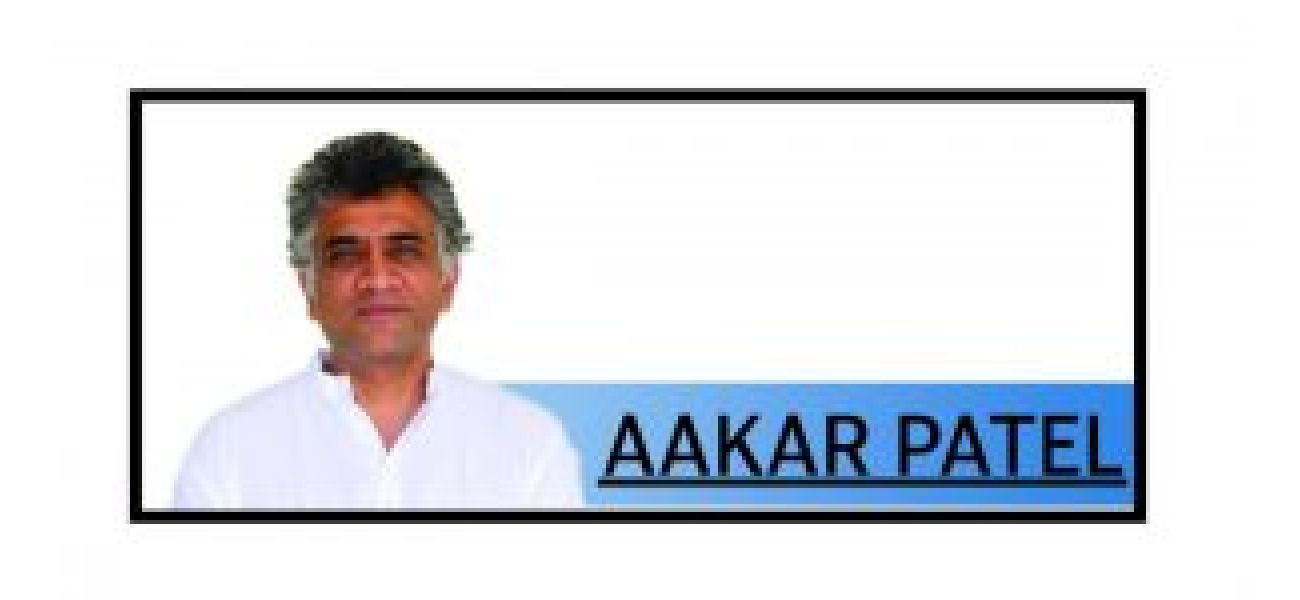Reflecting in the mirror.
The Jana Sangh/BJP believes that changing laws around joint-family and marriage in Hindu society will lead to societal disintegration. They plan to repeal the Hindu Marriage and Hindu Succession Acts.
July 27th 2025.

The concept of joint-family and unbreakable marriage has always been the foundation of Hindu society. Any changes to these laws will ultimately result in the disintegration of our society. That is why Jana Sangh, now known as BJP, has promised to repeal the Hindu Marriage and Hindu Succession Acts, as stated in their 1957 manifesto. Their opposition to divorce and support for joint families also came with a disregard for women's rights. In contrast, Dr BR Ambedkar, in the early 1950s, proposed reforms to the Hindu personal law, particularly in terms of inheritance for women. He recognized the flaws in the current system and suggested modifications to make it more equitable for women. However, the Jana Sangh opposed these changes, claiming that social reform should come from within society, not imposed from above. In their 1951 manifesto, they rejected the Hindu Code Bill, and in 1957, they argued that any changes must be rooted in our ancient culture. They feared that going against this would lead to individualism and chaos. One of their reasons for opposing divorce was the belief in lifelong marriage. However, the real issue was denying divorced women and widowed daughters-in-law their rightful inheritance. Although the party's stance on this issue eventually evolved, they never explained why their position changed in their subsequent manifestos. As Indian society became more modern and nuclear, the idea of joint families lost its relevance.
As we have seen in a previous analysis of the Jana Sangh/BJP's abandonment of its socialist policies, this is not necessarily a problem. All political parties have the right to change their stance, but they must explain their reasoning and the shift in their position. However, the Jana Sangh, which is linked to the RSS, has chosen not to do so. Their manifestos also reflect their discomfort in dealing with the issue of caste. They promised to eliminate untouchability and casteism in Hindu society, but they did not provide any concrete plans on how to achieve this. They also did not support expanding reservations for Scheduled Castes and Scheduled Tribes, unlike the Congress party. Their support for the marginalized communities was limited to providing extra training and courses. Culturally, the party was against alcohol and advocated for prohibition across the country. They also wanted to replace English with local languages, particularly Hindi, in all spheres, a sentiment echoed by Home Minister Amit Shah recently. However, after facing backlash, the BJP forced media outlets to remove his video, likely to avoid offending their middle-class base.
Another area where the Jana Sangh showed its urban, middle-class bias was in agriculture. Their first manifesto in 1951 called for a campaign to educate and motivate farmers to work harder for increased production. In today's political climate, it would be difficult for a BJP minister to accuse farmers of not working hard enough. Their recent surrender on the controversial farm bills also highlights their disconnection from the realities of Indian farmers. In terms of foreign affairs, a subject that the BJP has been vocal about in recent years, the Jana Sangh did not have a strategic view on India's position in the world. They believed in maintaining friendly relations with other nations and being tough on those who were not. They also advocated for India to be given a seat on the United Nations Security Council, but they did not provide any plans or strategies to achieve this. Their manifestos lack coherence and continuity in their thinking. The 1957 manifesto warned of a threat from a Pakistan-Portuguese alliance, while the 1962 manifesto criticized Nehru for losing the war against China. The 1972 manifesto, on the other hand, made no mention of the recent war in Bangladesh. Their defense policy focused on compulsory military training, expanding the National Cadet Corps, and nuclear weapon production, without any clear plan or coherence.
One may question the relevance of discussing these issues in 2025, but it is important to note that the BJP is currently the largest and most dominant political force in our country. What they say and what they do have a significant impact on our society. Their own constitution states their commitment to the principles of socialism and secularism, long before other parties were obligated to do so by law. Yet, today, they are considering removing these words from their constitution. It is essential for the BJP to be held accountable for their actions and to explain their constant shifts in ideology to their voters and the citizens of our nation. As a columnist, I gently urge the party to provide explanations and justifications for their changing stances. It is crucial for the citizens of this country to understand the motivations behind their actions and decisions.
As we have seen in a previous analysis of the Jana Sangh/BJP's abandonment of its socialist policies, this is not necessarily a problem. All political parties have the right to change their stance, but they must explain their reasoning and the shift in their position. However, the Jana Sangh, which is linked to the RSS, has chosen not to do so. Their manifestos also reflect their discomfort in dealing with the issue of caste. They promised to eliminate untouchability and casteism in Hindu society, but they did not provide any concrete plans on how to achieve this. They also did not support expanding reservations for Scheduled Castes and Scheduled Tribes, unlike the Congress party. Their support for the marginalized communities was limited to providing extra training and courses. Culturally, the party was against alcohol and advocated for prohibition across the country. They also wanted to replace English with local languages, particularly Hindi, in all spheres, a sentiment echoed by Home Minister Amit Shah recently. However, after facing backlash, the BJP forced media outlets to remove his video, likely to avoid offending their middle-class base.
Another area where the Jana Sangh showed its urban, middle-class bias was in agriculture. Their first manifesto in 1951 called for a campaign to educate and motivate farmers to work harder for increased production. In today's political climate, it would be difficult for a BJP minister to accuse farmers of not working hard enough. Their recent surrender on the controversial farm bills also highlights their disconnection from the realities of Indian farmers. In terms of foreign affairs, a subject that the BJP has been vocal about in recent years, the Jana Sangh did not have a strategic view on India's position in the world. They believed in maintaining friendly relations with other nations and being tough on those who were not. They also advocated for India to be given a seat on the United Nations Security Council, but they did not provide any plans or strategies to achieve this. Their manifestos lack coherence and continuity in their thinking. The 1957 manifesto warned of a threat from a Pakistan-Portuguese alliance, while the 1962 manifesto criticized Nehru for losing the war against China. The 1972 manifesto, on the other hand, made no mention of the recent war in Bangladesh. Their defense policy focused on compulsory military training, expanding the National Cadet Corps, and nuclear weapon production, without any clear plan or coherence.
One may question the relevance of discussing these issues in 2025, but it is important to note that the BJP is currently the largest and most dominant political force in our country. What they say and what they do have a significant impact on our society. Their own constitution states their commitment to the principles of socialism and secularism, long before other parties were obligated to do so by law. Yet, today, they are considering removing these words from their constitution. It is essential for the BJP to be held accountable for their actions and to explain their constant shifts in ideology to their voters and the citizens of our nation. As a columnist, I gently urge the party to provide explanations and justifications for their changing stances. It is crucial for the citizens of this country to understand the motivations behind their actions and decisions.
[This article has been trending online recently and has been generated with AI. Your feed is customized.]
[Generative AI is experimental.]
0
0
Submit Comment





